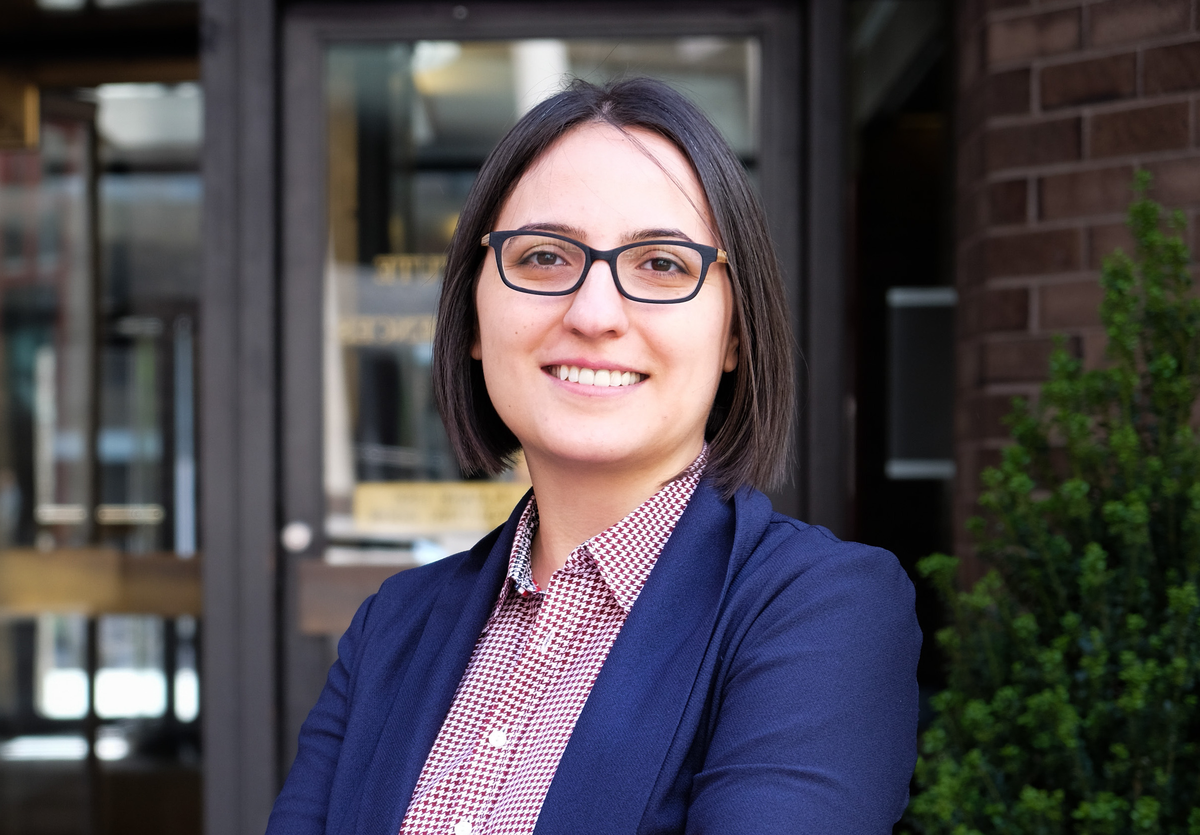I am an Associate Professor of Economics (with tenure) at Indiana University. I received my PhD in economics at NYU.
My primary research interests are in experimental and behavioral economics as well as micro theory.
You can contact me at avoyan.ala@gmail.com and here is my CV.

Publications
- Team work under Time Constraints (with Haoran He and Kelin Lu),
Journal of Economic Behavior and Organization, 237, (2025). - Behavioral Market Design For Online Gaming Platforms (with Robizon Khubulashvili and Giorgi Mekerishvili), Management Science, 71(6), (2025).
- Planned vs. Actual Attention (with Mauricio Ribeiro, Andrew Schotter, Elizabeth R. Schotter, Mehrdad Vaziri, Minghao Zou), Management Science, 70(5), (2024).
- A Road to Efficiency Through Communication and Commitment (with João Ramos),
American Economic Review, 113(9), (2023). - Paying for Inattention (with Giorgia Romagnoli),
Economics Letters, 124, (2023). - Attention In Games: An Experimental Study (with Andrew Schotter),
European Economic Review, 124, (2020).
Working Papers
- How do Groups Speak and How are They Understood? (with Paula Onuchic)
- Choosing Between and Allocating Time Across Contracts: An Experimental Study
(with Mauricio Ribeiro and Andrew Schotter)
(R&R at American Economic Journal: Microeconomics) - Optimal Disclosure on Crowdfunding Platforms
(with Robizon Khubulashvili and Giorgi Mekerishvili) - Commitment vs. Flexibility in Information Disclosure: the Case of Kickstarter
(with Robizon Khubulashvili and Giorgi Mekerishvili) - Communication In Global Games: Theory and Experiment
Works in Progress
- Strategic Uncertainty and Sequential Play (with Daniela Valdivia)
- Meta-Study: Past, Present, and Future of Minimum Effort Games